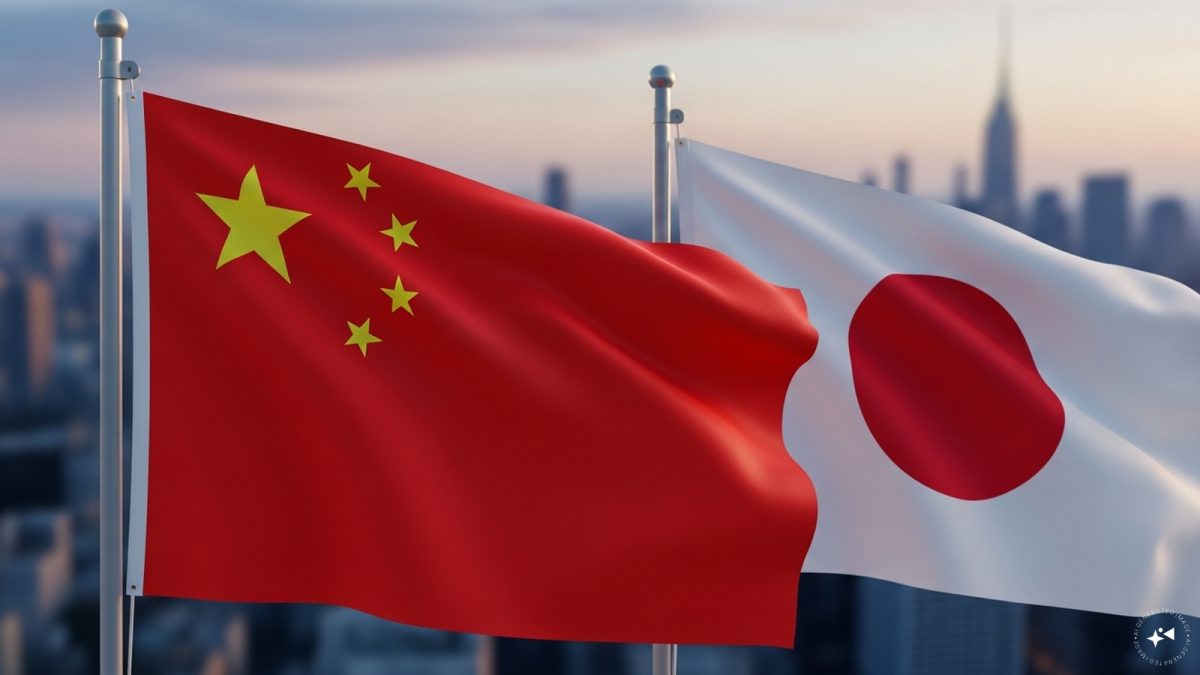China’s renewed warning for its citizens to avoid travelling to Japan is the latest sign that Beijing has reverted to a well-worn strategy, using economic and public-opinion pressure to signal displeasure in diplomatic standoffs.
The advisory, prompted by reports of Chinese nationals facing harassment and assaults in Japan, comes as Tokyo refuses to retract comments about a possible response to a Chinese move on Taiwan. The episode echoes past disputes in which China’s pressure campaigns have dragged on for months, leaving governments and industries bracing for what could unfold next.
The embassy advised those already in Japan to step up safety precautions, according to a statement released on its Chinese social media account. It also referred to data suggesting an increase in violent crimes in Japan in recent years.
China first warned its citizens against visiting Japan on November 14 amid the worst diplomatic row between the East Asian countries in years after Japan’s prime minister said a Chinese attack on Taiwan could amount to a ”survival-threatening situation” and trigger a military response from Tokyo.
Reprisals over Taiwan comments
Observers say the unfolding situation could follow a familiar trajectory seen in previous Beijing-led retaliations. Past episodes including curbs on Philippine banana imports in 2012 and tariffs on Australian wine in 2020 — show that China’s measures often begin with public advisories or trade restrictions, ripple through affected industries and then persist for months, sometimes over a year.
Analysts warn that Japan’s travel, tourism and retail sectors may continue to feel the impact, while diplomatic negotiations could remain tense as both sides navigate the delicate balance between asserting national positions and preventing long-term economic fallout.
Quick Reads
View AllBeijing reacted sharply to remarks by Japanese Prime Minister Sanae Takaichi earlier this month, in which she said Japan’s military could intervene if China were to move against Taiwan, the self-ruled island China claims as its territory.
Japan has sought to prevent the standoff from worsening but has not signalled any intention to revise its position. This mirrors how other governments have responded to similar Chinese pressure — holding their ground and absorbing the fallout, leading to disputes that often drag on for a year or more.
This is not Japan’s first encounter with China’s economic pushback. In 2012, Japanese companies in China were attacked during protests, goods were boycotted and group tours to Japan were suspended amid tensions over disputed uninhabited islands.
Drawing on those events when the number of Chinese visitors dropped by a quarter — Nomura Research Institute economist Takahide Kiuchi estimated the current travel advisory could cost Japan 1.8 trillion yen ($11.5 billion) and shave 0.3 percentage points off its already weak economic growth.
Group tour cancellations have surged again, dealing a blow to businesses dependent on Chinese visitors. Gamagori Hotel in Aichi prefecture reported losing more than 2,000 guests, while Nichu Syomu, a Japan-based travel operator serving Chinese tourists, said 300 reservations had been cancelled, a loss it described as similar to 2012.
With inputs from agencies
)